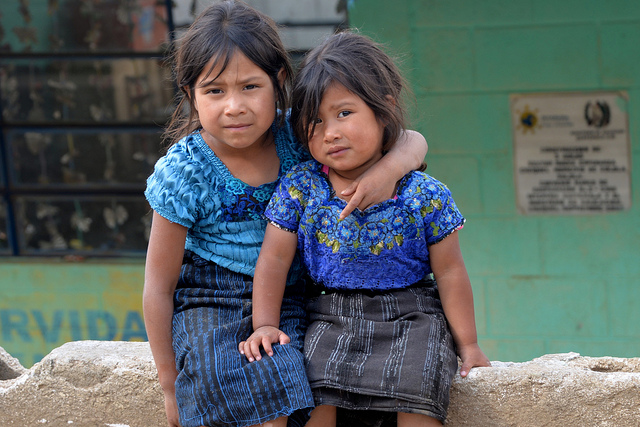I decide to break the fast with a glass of red wine and a bowl of mulligatawny.
Seated alone in a large outdoor restaurant that is economical to an average tourist, but financially-prohibitive to most people born within a three-hour radius, I place my notebook on the table in front of me as a barrier to socialization and, I suppose, life outside of my head.
The wine arrives. I inhale its aroma and take a sip. I’ve been jotting down every delirious, fleeting thought for the past week as a way of distracting myself from hunger. I have nothing left to say, so I scribble some notes in the present tense. Feelings. Actions.
Alcohol stings my tongue, burns my throat. I trace its path as warmth disseminates throughout my body. I can feel my veins.
How trite. I close the notebook.
I wonder if this is a bad idea—no, I know this is a bad idea. I have consumed nothing but coconut water for the past week and my body craves nourishment, not alcohol.
I push the toxic glass aside, set down my pencil and gaze upward at the strings of colorful Christmas lights that the want-to-be-chic establishments use as year-round decor in towns like this. Fireworks explode in the background—the kind that make noise without lighting up the sky. Dogs bark and horns honk from a distance. Latin American cacophony makes my brain explode and my mind struggles to pull it back together.
I stare blankly through some bamboo posts, attempting to process the past week—the group charity fast in the new-agey, expat-flooded Mayan community that I call my home. The idea was silly really, some sort of oxymoron: an attempt to raise money for those who actually can’t afford to eat by choosing not to eat. That doesn’t make sense, does it?
Yesterday, I walked down the main road in town. As always, the children followed me in a parade of solicitation, “Hay tortillas! Hay chocolate! Hay empanadas!” I can’t blame them; people like me, with our white skin and green dollars love to buy things, especially from little girls in traditionally-woven textiles. I thought to tell them, “Sorry, I’m fasting. You know, choosing not to eat… Porque? As some sort of rationalization for asking friends and family to give me money so that you can eat free lunch. Or maybe not you, per se, but someone like you.”
Instead I reply that no, I’m not hungry, and no, not even if the offerings are vegetarian.
My soup arrives in a bowl larger than my head. It smells divine. I slowly sip from my spoon and after, from my glass. Eating and drinking is delightful for about 30 seconds, but suddenly, I feel ill—and not from the food. The sensation in my growling stomach is separate. What I sense is a grossness much more profound.
I am disgusted because I didn’t fast for children to eat. I fasted as a fad. To know. To cleanse. To negate the effects that those beers, those bottles of wine and that chocolate have on my body. To suffer. To sulk. To write about the experience. I fasted for the same reason I do everything: to make myself feel like a good person.
I leave some coins on the table along with the nearly-full bowl of soup and, on the way home, buy two handmade chocolate bars from a Mayan girl in a very pretty dress. The chocolate lasts about three hours; the stomach cramps, three days; the process of breaking down that fast—well—writing from the same village, three years (and three annual group fasts) later, I’m finally finished digesting the experience.
How do we justify traveling in a world where a week-long yoga retreat in an impoverished country costs more per person than a neighbor’s yearly wage? How does our supposed spirituality help us connect to all living beings, particularly to those who are suffering? Why are we really sitting in silence? Who are we helping, but ourselves?
Author: Rachel Markowitz
Image: David Amsler/Flickr
Editor: Catherine Monkman; Nicole Cameron








Read 0 comments and reply